Metroid Versus The Future
See You Next Mission
Metroid may be its own worst enemy. Everyone (including me) always wants more Metroid, whether it’s through replaying the ones we have or hoping for the next brand new entry. Yet rarely do we stop to consider whether that’s what Metroid actually needs. When it comes to its future, Metroid faces a formidable foe.
To love Metroid is to love the unknown. These games dangle mysteries in front of us whether they’re keys to the narrative, the layout of the planet you’re on, or that last missile expansion you can’t seem to find so you make a desperate post on GameFAQS to try to crowdsource its location. Uncovering the unknown provides an undoubtedly strong appeal, but it’s also a self-defeating one. Once you find what you’re looking for, the Metroid you played changes and its original appeal ceases to exist. Metroid’s fight against its inevitable future creates a particularly interesting existential dilemma.
As someone who spends a lot of time writing about video games, I’m no stranger to existential dilemmas. In my experience, the best way to overcome them is to face them head on. That’s why today I’m breaking out the scan visor to examine the inner workings of this issue. Just like the Metroid Prime logbook, the end result is a little wordy but will shed light on both Metroid’s pitfalls and potential paths to success in overcoming its greatest foe yet.
It goes without saying that you can only experience something for the first time once. That won’t (and didn’t) stop me, however, because it’s true. Metroid games are, broadly speaking, digital mazes that require players to find all the right keys to open the right doors to reach the end. Mazes stop being interesting when you know where to go. Your first playthrough of Super Metroid will differ from any subsequent playthrough because you don’t know what’s on the planet you explore, what powerups you get, or any relevant story beats. Even if you were to avoid the game for a few decades, you’re likely to at least remember the broad strokes in a way that hampers the idea of exploring the unknown. I suppose you could try to aim for some kind of comically precise head injury to erase your memory, but please don’t do that.
You should especially refrain from injuring yourself because where one type of Metroid ends, another begins. Your previously acquired knowledge unlocks what is essentially a different, second game built on top of the original. The emphasis shifts from uncovering the first layer of the unknown to a metagame all about blazing through charted territory as quickly and thoroughly as possible. This second game is just as much part of the Metroid experience as the first; Metroid games directly encourage better game performance with secret endings.
The best part? Playing Metroid this way reveals yet another layer of discovery hidden in plain sight. Completing Metroid games faster requires players to uncover the ways to exploit Samus’s abilities, break the intended sequence of events, and determine the best routes to the end. A whole new world awaits!
This approach may not perfectly replace the original Metroid, but it keeps the spirit of the unknown alive long after your initial playthrough. For those looking to casually revisit an old favorite, the prospect keeps the games exciting. Though the most dedicated players may eventually “solve” the game, that can still take anywhere from years to decades. And even then, some trick or bug yet to be discovered could still one day surface to shake things up all over again. I don’t think people give this dual-layered game design nearly enough credit – it has given this series a sense of immortality that transfers easily between installments. Metroid persists in people’s minds in large part thanks to this ingenious approach.
Of course, this future-proof solution only covers the gameplay side of things. When it comes to Metroid, talk of its “atmosphere” always bubbles to the surface. Atmosphere can mean a lot of different things depending on the person – it’s a bit of an ethereal concept. I may know what I mean by it and you may think you know what I mean, but it’s more than possible neither of us actually know what we’re talking about. So while there’s no perfect way to discuss this, it is undeniably an important factor in the overall Metroid equation. Just like the gameplay, it’s also an aspect that risks deteriorating over time.
The way I see it, Metroid forms an “atmosphere” through how it conveys information. Early Metroid games featured little in the way of in-game narrative or exposition. It’s just you, the art design, the music, and the game mechanics. What players see is largely what they get, with their imaginations filling in the blanks. The lack of an overt narrative mixed with the gameplay context of exploring the unknown led to the commonly understood impression of Metroid’s atmosphere being isolating, foreboding, or otherwise foreign.
Yet if you view the Metroid series beyond the context of those initial games that impression changes. Narrative begins to grip the games themselves more and more beginning with Super Metroid. Although this focus culminates with its tightest grip around the time of Other M, it never fully lets go even to this day. For better or worse, these days Samus is a fully formed character with a defined backstory and personality. Her adventures connect in ways both overt and subtle. Longtime fans transform from strangers exploring strange planets to encyclopedias familiar with every intricacy of their lore.
Obtaining all of this supplemental information and seeing the games connect undeniably feels good in the moment. After all, we’re here to explore the unknown. Answers and lore additions are the ultimate pay-off. However, the extended continuity and detail comes at a cost.
For example, I loved Ridley as a child. He looks cool and he exudes a powerful, sinister presence every time he shows up. I used him as an online screen name for years! I still love Ridley, he was easily my favorite addition to Super Smash Bros. Ultimate, but things have changed.
The more subsequent games reveal about Ridley and the more times he returns from the dead, the more ridiculous he becomes. If you view his role in each individual game standing on its own, Ridley still works…at least most of the time. Samus Returns was really pushing it. If you view him from the perspective of his role in the series overall, however, he resembles a pathetic punching bag more than the intimidating monster he’s meant to be. Metroid’s creative team has overused and expanded on him to the point of parody. It feels inevitable that one day he’ll show up again as the ultimate final villain behind everything, leading an army of those weird furby versions of himself from Other M.
As future Metroid titles reveal more about the Metroid universe, previously unknown quantities like Ridley, Kraid, Samus or the Metroids themselves become commonplace, expected. They might even become a little goofy. Metroid’s once mysterious, foreboding atmosphere loses its power retroactively. The intrigue of events one game implies fades once we find out what they entail. I can’t play Metroid Fusion and read Samus’s inner monologues about this mysterious Adam guy without thinking about Other M’s portrayal of that relationship. I certainly will never see Metroid Prime the same way knowing that canonically Samus was just playing pinball the entire time. Sometimes knowledge can do more harm than good!
Ideally we should view each game as being in its own contained world, only being dependent on what came before for context rather than what comes after. I’m a firm believer in this being the only sane way to enjoy American comic books. Unfortunately that’s harder to do in a series like Metroid for a few reasons.
For starters, Metroid games up to this point have largely all had the involvement or at least stamp of approval of key creative staff like Yoshio Sakamoto or Kensuke Tanabe. These guys shaped the original mysteries behind the Metroid and Metroid Prime games, so their answers to those mysteries are difficult to ignore. This isn’t the case for something like Spider-Man where the character has been passed around between hundreds of different artists and writers while his original creators have long since passed away. Metroid still likely has a ways to go before we reach the point of playing glorified fanfiction (not that there’s anything wrong with fanfiction, AM2R is pretty good).
There also exists the simple fact that addressing the future (and sometimes past) is a necessary evil. Some mysteries often extend beyond just a single game, giving players something to wonder about even after the game ends. While the answers could be left to our imaginations, that’s not particularly satisfying if future installments await on the horizon. I spent years theorizing what was going to happen to Samus after the events of Fusion. If Dread were to avoid addressing that ending and instead be another prequel like Other M, I would have been extremely disappointed.
At the time of writing, we’re on the cusp of finally seeing a similar pay-off unfold. The long-teased confrontation between Samus and Sylux will finally happen in the fast-approaching year of 2025. Will it be worth the wait? It’s hard to imagine the nearly two decades of build-up since Metroid Prime 3’s ending will live up to the hype. At this point I almost prefer that Sylux remain some mysterious, eternally seething entity following Samus around for no good reason. What I prefer doesn’t matter, though. The future can’t be stopped! So what can we do to avoid potential disaster?
Well most problems can be solved with a balanced approach. Luckily, or perhaps unluckily, the Metroid series features a wide range of approaches to conveying its story and atmosphere, so let’s start with the most obvious example.
I like to beat up on Other M about as much as I do Ridley, but honestly the problem with its heavy-handed narrative has less to do with what it’s telling you and more with how it tells you about it. Other M wants to dig deep into Samus’s psyche, detailing how the events of Super Metroid, her connection with The Baby Metroid, and her relationship with Adam impacted her as a person. A version of these events could theoretically be compelling. That version would likely avoid hammering its player with blow after blow of exposition, stilted acting, and awkward direction. Other M gives the player entirely too much information in the wrong places and in the wrong way, ultimately hampering it as both a game and as a vital piece of the Metroid puzzle.
As the Metroid Prime games demonstrate, a dearth of information isn’t necessarily a bad thing. Prime’s Scan Visor reveals more information than anyone arguably needs, yet that’s exactly why it’s effective. You don’t need that information and you aren’t forced to engage with it. Even when the Prime games spell so much out for the player, they still leave room for interpretation and imagination. Even when Prime 3 arguably encroaches into narrative-heavy Other M-esque territory, it’s still a far cry from the real deal. Ideally, a Prime 4 that wants to explore a character dynamic should follow suit.
Super Metroid stands out to people as the definitive entry to this day largely because I believe it hits the perfect balance of leaving the player alone while providing just enough information to give its narrative impact. The opening directly connects the previous two entries to this one’s plot with the only true exposition in the game. From there, the first section with Ridley sets the stakes and the final confrontation between Mother Brain and The Baby serves as a culmination of the series up to that point. The particular motives or reasons for these events speak for themselves without the need for elaboration. In between those key beats, players are left to experience the “atmosphere” of the planet brought to life with details too numerous to list in detail, from the camera that scans Samus near the beginning of the game to the baby Draygons that carry the big one’s corpse away. It’s a game that keeps your mind running without feeling the need to spell everything out in detail.
If a series like Metroid wants to give people answers, then it should give the player room to breathe and put things together themselves. If Prime 4 decides to delve deep into the character of Sylux, I don’t want or need extended flashback cutscenes to Sylux’s tragic past. That should be something that players need to piece together, whether it’s through scanning lore or otherwise. The actual story depicted on-screen should stick to the consequences of that past and Sylux’s battle against Samus. That type of balanced approach would satisfy any narrative ambitions while retaining the elusive atmosphere people expect from these games.
The greatest advantage that future Metroids have is the ability to look back. Whether it’s Prime 4, Metroid 6, or a spin-off where you play as Ridley getting blown up repeatedly, each new entry has the responsibility to consider what works and what doesn’t, to consider what effect its revelations may have on the series as a whole. With the benefit of hindsight, I’m hopeful that whenever we see Samus next, she’ll have emerged victorious in her neverending battle against the future.
Add Comment
tkohh
2M agoNice post. I’m relatively new to the Metroid lore, as I never spent too much time thinking about it until recently. This article popped up at the perfect time, too, because I completed Super Metroid for the first time just this week, so it’s fresh in my mind. To this day, it’s the only game in the series that I’ve cleared. Also, I had to reference GameFAQs on a couple of occasions during my playthrough, so it’s perfect that it’s brought up in the article.
totodile
2M agoThought-provoking post, thanks for sharing.
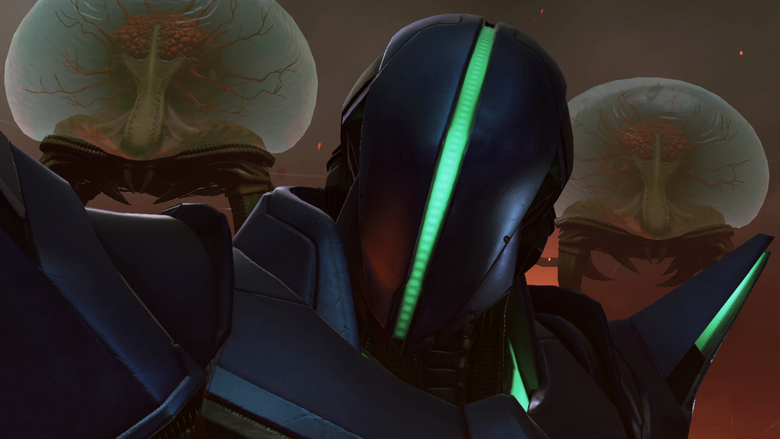
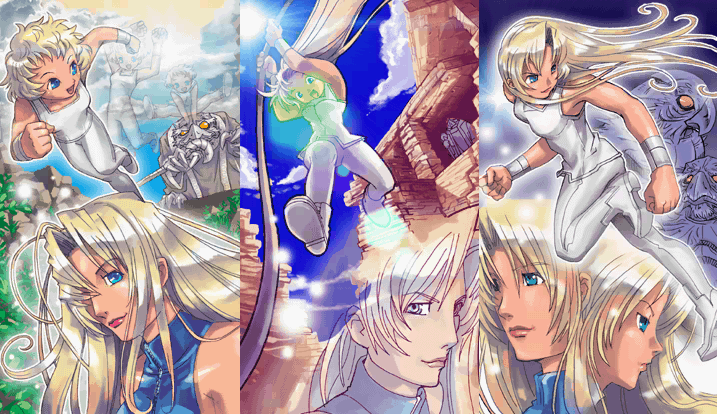
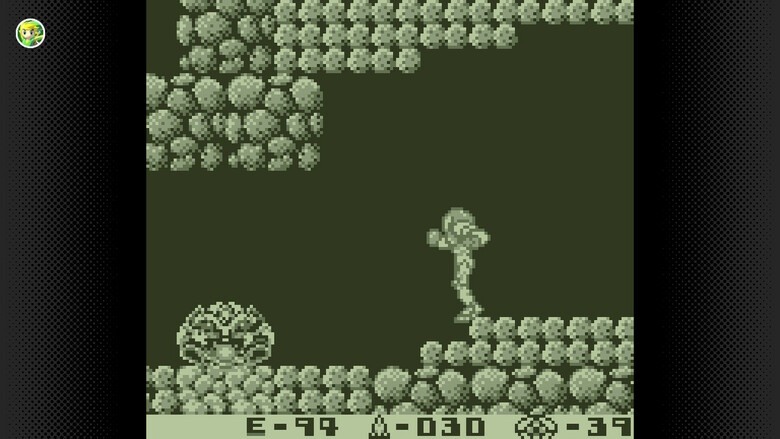
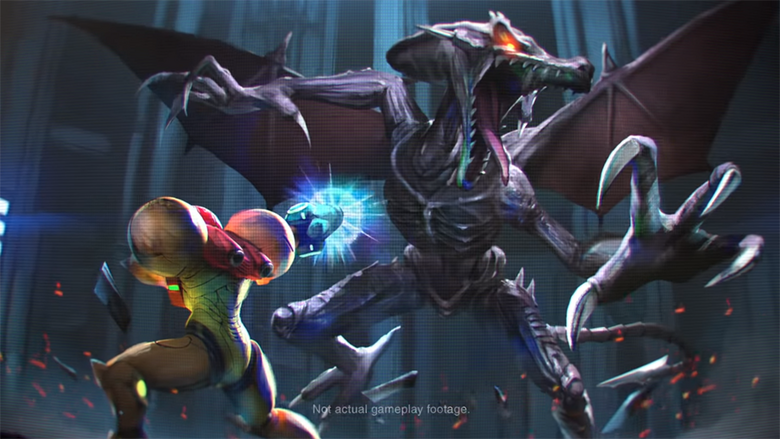
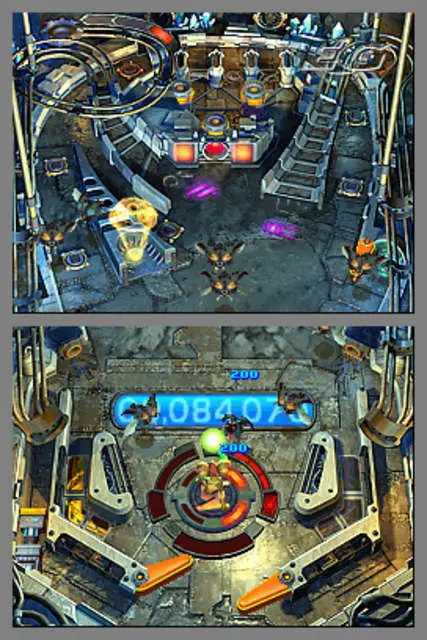
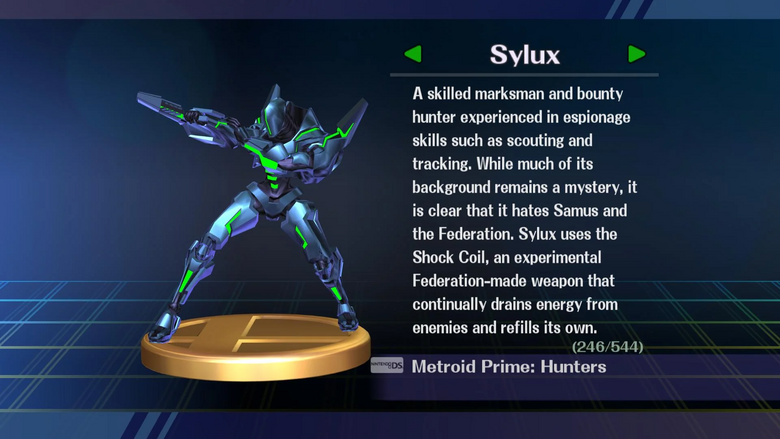
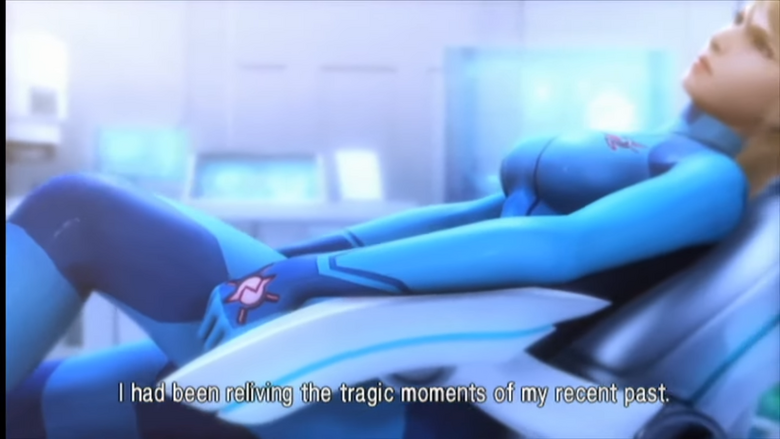
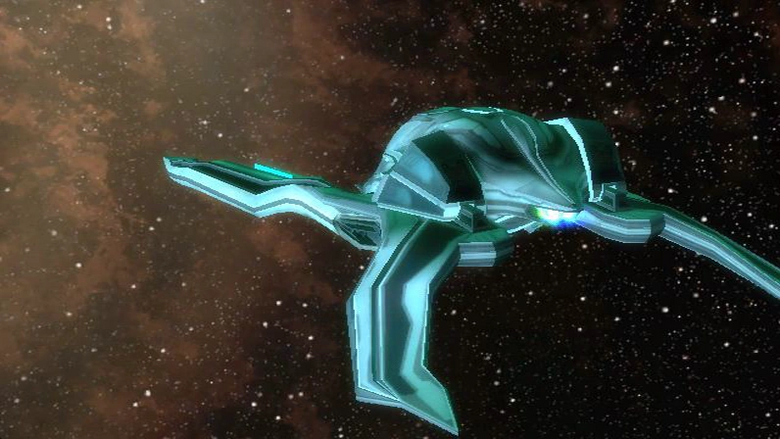
Comments (2)